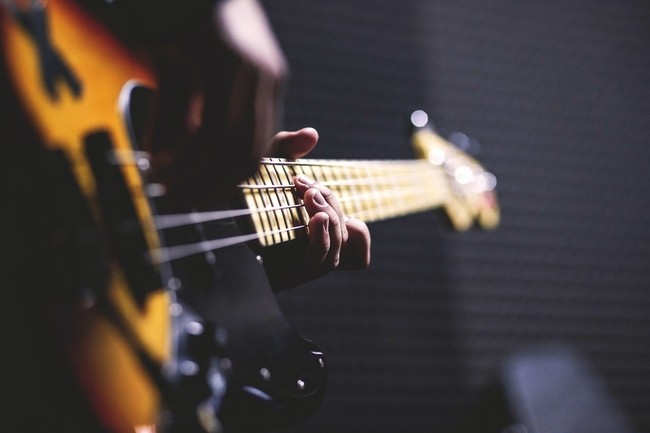There is a lot of information and misinformation about music licensing floating around on the internet. The misinformation misguides music lovers, producers, and would-be artists. It is important to delve into this issue to separate between what is true and what is false. If you are a producer, you must understand royalty-free music. So, what is royalty-free music?
To start with, royalty-free music is not free. As a producer, you have to pay a set fee to use such music in your videos. You would be required to pay a fee every time you want to use such music, not unless you acquire a royalty-free music license. With the license, you only pay a one-time fee as a producer and use a particular piece several times in your videos. Such music is only free from the point of view of the final consumer.
It might be confusing that royalty-free music is not free. It is vital, therefore, that you understand the four different types of royalties to avoid finding yourself on the wrong side of the law. The four types of royalties include mechanical, public performance, synchronization, and print music royalties. As you familiarize yourself with these, here are some myths about music licensing that you should know.
Licensing is for Big Artists
Music licensing is not a privilege of established artists. Even if you compose one piece only in your entire music career, it is protected by copyright laws. You should receive royalties and other forms of payments from any other party that wishes to use your composition in any other commercial production. So, if you are an upcoming artist, go ahead and bring out your creativity with the knowledge that you will be rewarded for the same.
You Can Make Money
Many small or upcoming artists wrongly think that their compositions do not warrant licensing. That is not true. All big artists began as small ones and then grew with time. While you may not generate a lot of money in royalties when starting, it is still important to copyright your compositions to receive the little that you deserve. A few years down you will realize that the cumulative earnings have become a lot more than you would have imagined.
You Have All Say Regarding How Your Music is Used
You have every right to ask and know-how, where and when your music is used. It does not matter whether a second party has a license to use your music or not. The sole discretion of how others ought to use your compositions is yours alone. As the owner, you should have the last say to ensure that your creative genius is not utilized in a way that could harm your image and taint your efforts.
Licensing is Complicated
There is nothing complicated with licensing your music. Let no one take advantage of you and own your compositions just because you are unaware of the steps to take to have your work licensed. You can simply do a simple search online and find genuine companies that would be willing to take you through the process.

